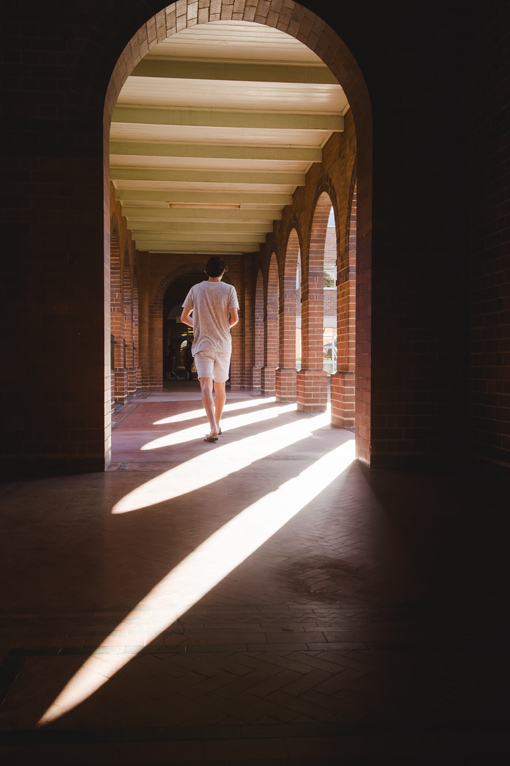Possessing a world vision suggests having a unified perspective on the key questions that arise for people generally. It implies a framework within which people frame their questions and build linkages between the answers they offer – form ‘coherence’, as Ex Corde suggests. Vision also offers an intellectual foundation: a position which people stand up for, and stand upon. Already in the document there is the sense that teachers are wisdom-seekers, and they are wisdom-builders who reveal parts of one whole account of reality to their students.
And that account of course isn’t a monolithic or closed vision: for at least in western tradition (including Catholic tradition), part of having an intellectual vision is commitment to rational critique and to evaluating and reevaluating our opinions on the basis of the reasons that support them.
Whether the vision of reality taught is Christian or other, teachers simply introduce a view, and if this is done well, that act of teaching will include not only the view itself but also the tools for critiquing this and other views. Where the teachers are Catholics, St John Paul asks that they witness to the connection between professional competence and Christian wisdom throughout their teaching. Teachers from other traditions are asked simply to show respect for that connection.
This is a powerful teaching philosophy: Christianity is not just one option among others at a Catholic university; yet teaching it involves teaching the tools to critique it and so students have the power and freedom to decide which world vision they will adopt for themselves.



